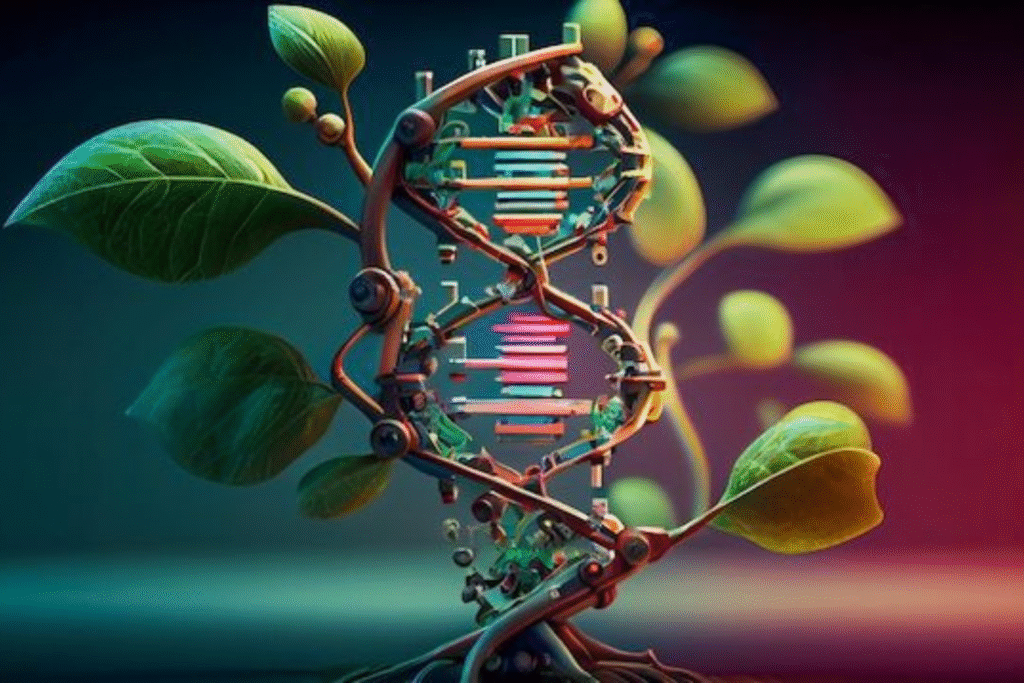Bioinformatics applies methods of computer science, artificial intelligence, mathematics, and statistics to biological data, such as genome DNA sequences, or protein structures. Bioinformaticians usually work as experts within biomedical or pharmaceutical R&D.
With the current high-through put methods in biological and medical research, it is essential to process the data by computer methods so that the data can be transformed into information, knowledge and understanding. For instance, the data can be entered into user-friendly databases, or visualized into easily understandable but complex images. Developing and maintaining databases of biological data or biological visualization expert tasks are examples of jobs for a bioinformatician.
This programme offers interdisciplinary knowledge of bioinformatics. They take advantage of modern educational technology. When finishing their M.Sc degree in bioinformatics, students will be “bilingual” in terms of combined expertise on information technology and biosciences, and therefore, applicants can have a background either biological or method science (computer science, mathematics, statistics).
This PhD student and postdoc course, the third in a successful series, has the ambitious goal to introduce advanced methods and applications of computational biology in the field of metagenomics. The aim of metagenomics is to clone, sequence, identify, and analyze the collective genomes of microorganisms of a given environment to reconstruct and characterize individual community inhabitants The data will be explored at different scales from DNA sequence reads that measure genomic variation to gene regulatory networks, protein complexes, pathways, and the integration of environmental data.


